he demand for organic medicinal and aromatic plants has been on the rise in recent years as people increasingly turn to nature for their wellness needs. With growing concerns about chemical-laden synthetic drugs and a renewed interest in traditional remedies, the organic medicinal and aromatic plants industry presents a unique opportunity for both entrepreneurs and consumers. In this article, we will delve into the benefits, challenges, and potential profitability of this thriving sector. The Benefits of Organic Medicinal and Aromatic Plants: Organic medicinal and aromatic plants offer a wide range of benefits to consumers, making them a popular choice in the wellness industry.
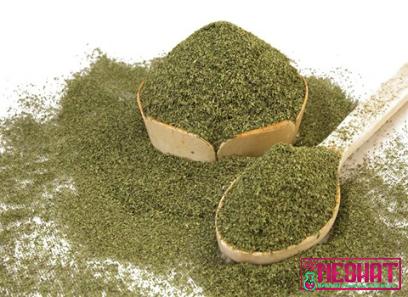
.
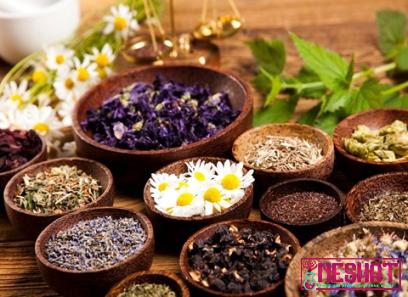 First and foremost, organic plants are grown without the use of harmful pesticides and synthetic fertilizers, ensuring the purity and safety of the end product. This makes them a natural and sustainable alternative to conventional medicines and skincare products. Additionally, organic plants contain a higher concentration of active compounds, such as essential oils, which contribute to their therapeutic properties. These compounds have been used for centuries in traditional medicine to alleviate various ailments, including stress, insomnia, skin conditions, and digestive problems. By utilizing organic plants, consumers can harness the healing power of nature while minimizing their exposure to harsh chemicals. Challenges and Considerations: While the organic medicinal and aromatic plants industry is promising, it also comes with its fair share of challenges.
First and foremost, organic plants are grown without the use of harmful pesticides and synthetic fertilizers, ensuring the purity and safety of the end product. This makes them a natural and sustainable alternative to conventional medicines and skincare products. Additionally, organic plants contain a higher concentration of active compounds, such as essential oils, which contribute to their therapeutic properties. These compounds have been used for centuries in traditional medicine to alleviate various ailments, including stress, insomnia, skin conditions, and digestive problems. By utilizing organic plants, consumers can harness the healing power of nature while minimizing their exposure to harsh chemicals. Challenges and Considerations: While the organic medicinal and aromatic plants industry is promising, it also comes with its fair share of challenges.
..
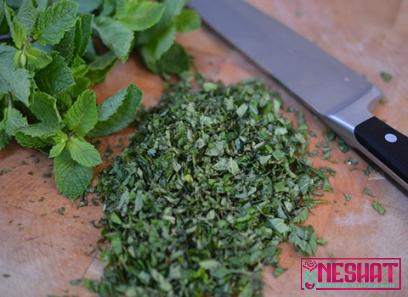 One of the main obstacles is sourcing high-quality organic plants consistently. Organic cultivation requires meticulous attention and adherence to strict guidelines, making it more labor-intensive and costly. Meeting the rising demand for these plants can be a complex task, especially when considering factors like climate, crop rotation, and pest control. Moreover, navigating the regulatory landscape can be demanding for entrepreneurs in this field. Each country has its own set of regulations governing the production and sale of organic products, adding complexity to accessing international markets. It is essential for businesses operating in this industry to stay informed about the latest regulations to ensure compliance and consumer trust. Profitability and Market Opportunities: Despite the challenges, the organic medicinal and aromatic plants industry presents an array of profitable opportunities for businesses. As consumers prioritize health and wellness, the demand for organic remedies is expected to grow.
One of the main obstacles is sourcing high-quality organic plants consistently. Organic cultivation requires meticulous attention and adherence to strict guidelines, making it more labor-intensive and costly. Meeting the rising demand for these plants can be a complex task, especially when considering factors like climate, crop rotation, and pest control. Moreover, navigating the regulatory landscape can be demanding for entrepreneurs in this field. Each country has its own set of regulations governing the production and sale of organic products, adding complexity to accessing international markets. It is essential for businesses operating in this industry to stay informed about the latest regulations to ensure compliance and consumer trust. Profitability and Market Opportunities: Despite the challenges, the organic medicinal and aromatic plants industry presents an array of profitable opportunities for businesses. As consumers prioritize health and wellness, the demand for organic remedies is expected to grow.
…
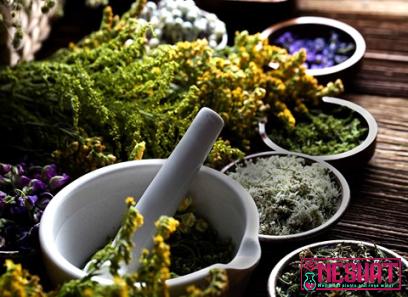 Entrepreneurs can explore various avenues, including the production and sale of organic herbal teas, essential oils, skincare products, and dietary supplements. Additionally, the global market for organic products is expanding rapidly, with increasing awareness and demand for sustainable alternatives. By positioning themselves at the forefront of this movement, businesses in the organic medicinal and aromatic plants industry can tap into a global customer base and enjoy long-term profitability. Conclusion: The organic medicinal and aromatic plants industry offers a fulfilling and financially rewarding venture for entrepreneurs looking to make a difference in the wellness space. With the demand for organic remedies on the rise and increasing consumer consciousness about the benefits of nature-based products, this industry shows no signs of slowing down. By valuing sustainability, quality, and compliance, businesses can thrive and contribute to the wellbeing of individuals and the planet alike.
Entrepreneurs can explore various avenues, including the production and sale of organic herbal teas, essential oils, skincare products, and dietary supplements. Additionally, the global market for organic products is expanding rapidly, with increasing awareness and demand for sustainable alternatives. By positioning themselves at the forefront of this movement, businesses in the organic medicinal and aromatic plants industry can tap into a global customer base and enjoy long-term profitability. Conclusion: The organic medicinal and aromatic plants industry offers a fulfilling and financially rewarding venture for entrepreneurs looking to make a difference in the wellness space. With the demand for organic remedies on the rise and increasing consumer consciousness about the benefits of nature-based products, this industry shows no signs of slowing down. By valuing sustainability, quality, and compliance, businesses can thrive and contribute to the wellbeing of individuals and the planet alike.
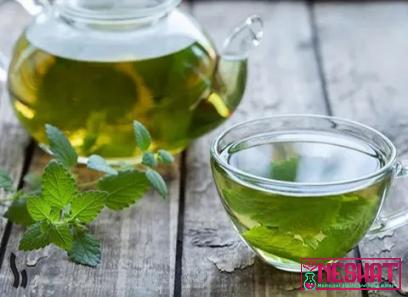
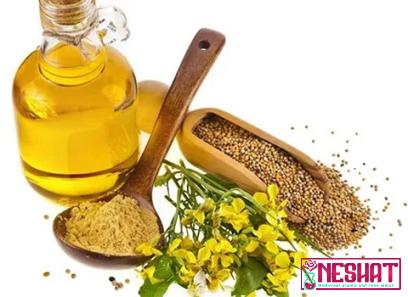
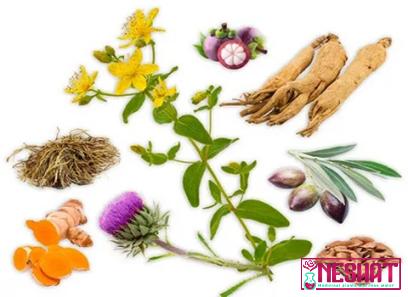

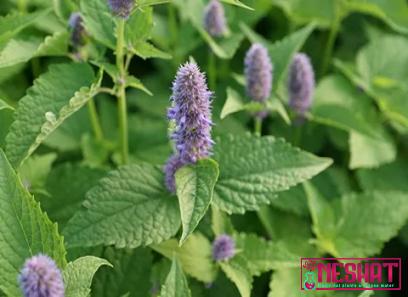



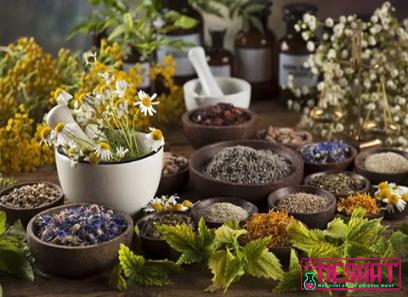
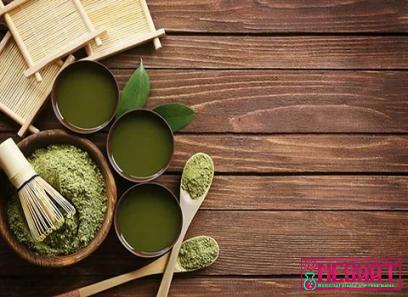
Your comment submitted.